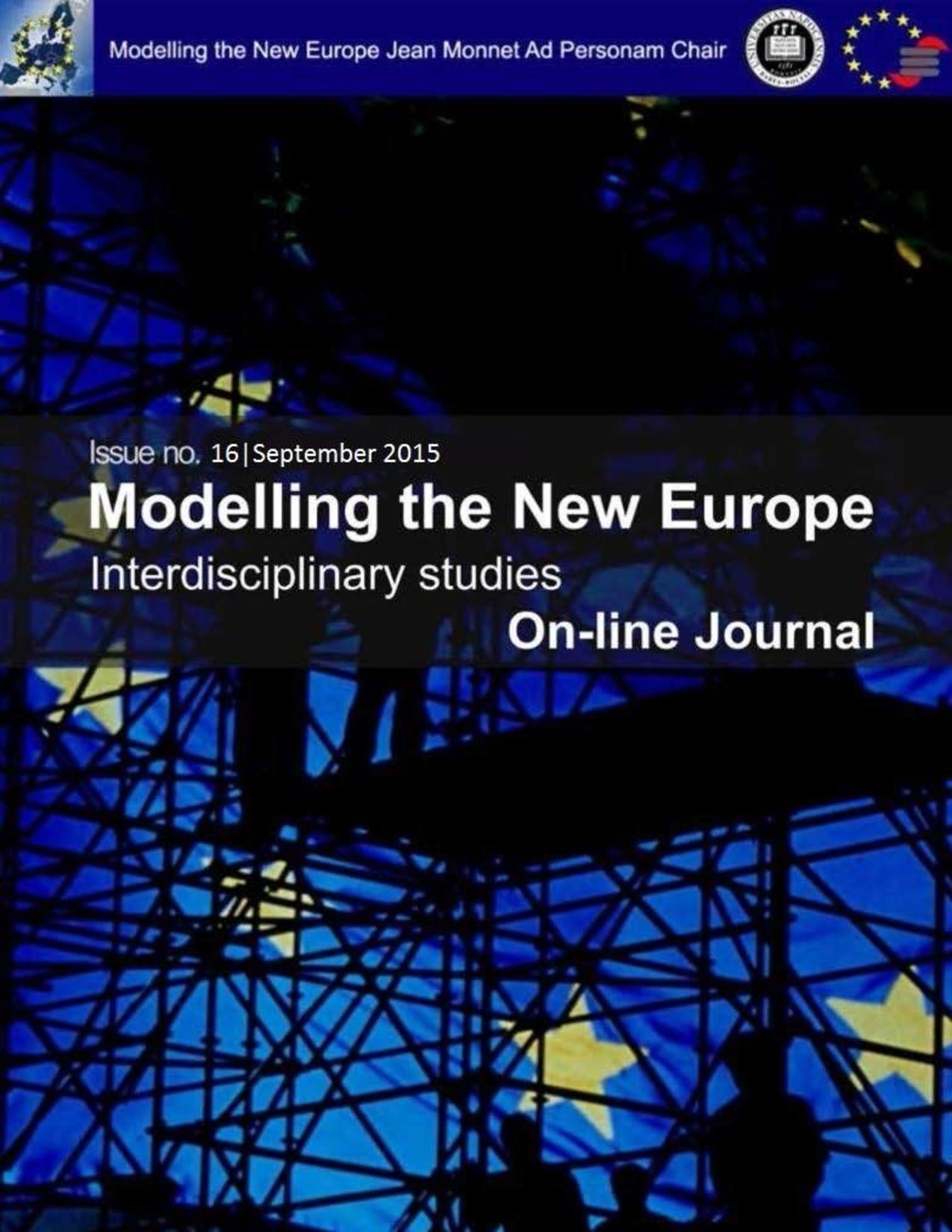THE INFLUENCE OF CULTURAL ELEMENTS ON FISCAL BEHAVIOUR IN THE EUROPEAN UNION
THE INFLUENCE OF CULTURAL ELEMENTS ON FISCAL BEHAVIOUR IN THE EUROPEAN UNION
Author(s): Horațiu Sorin DanSubject(s): Sociology of Culture, Fiscal Politics / Budgeting
Published by: Facultatea de Studii Europene -Universitatea Babeş-Bolyai
Keywords: European economic integration; National culture; Public finance; Shadow economy
Summary/Abstract: The paper aims at identifying and describing potential ways in which cultural elements are influencing fiscal behaviour within the European Union, in an attempt to find some of the structural causes underlying the fiscal issues that Member States are confronting. In an European economic environment characterized by highly heterogeneous fiscal behaviours on a national level, doubled by the membership (present or aimed) in the monetary union, understanding why Member States tend to adopt certain fiscal approaches (which sometimes are inconsistent with the Maastricht Criteria) represents a key requirement for the efficient continuation of the European economic integration process. By matching fiscal behaviour exhibited at both government and private sector levels with a set of national cultural dimensions, the study analyses the cultural / fiscal relationship, understanding its role in improving the European economic context by fostering a stronger European cultural identity that may lead to a more fiscally integrated EU.
Journal: Online Journal Modelling the New Europe
- Issue Year: 2015
- Issue No: 16
- Page Range: 3-19
- Page Count: 16
- Language: English

